K-DRAMA REVIEWS (INDEX)

SUBSTACK is the space where I curate my reviews and views about Korean-centric things happening in the pop culture realm (and beyond) that pique my interest…and I hope yours, too. Won’t you join me?
Journalist, Author & Syndicated Columnist

SUBSTACK is the space where I curate my reviews and views about Korean-centric things happening in the pop culture realm (and beyond) that pique my interest…and I hope yours, too. Won’t you join me?
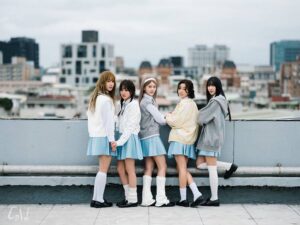
The K-pop girl group Young Posse released the stunning music video for “Cold” on March 2. It’s by far one of the most meaningful videos I’ve watched in a long time — maybe since K. Will’s “No Sad Song for My Broken Heart” and IU’s “Love Wins All.”
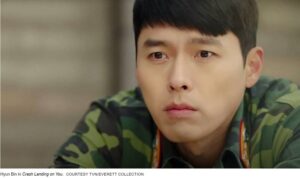
Each of us has our own favorite K-dramas that are informed by our own personal experiences (and access). For instance, I was never able to get my hands on South Korea’s early dramas like “Death Row Prisoner,” which premiered in 1956. Therefore, my picks are influenced by what I’ve seen, which are primarily shows from 2000 onward.

There is a lot going on in “Bogotá: City of the Lost” — shootings, explosions, backstabbing. But when it’s all over, you realize that it was mostly much ado about nothing.

An interview with the Korean German actor on why he joined the cast of “The Recruit”
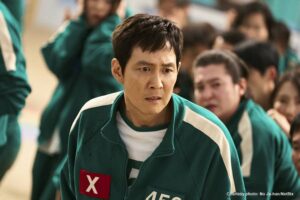
NPR invited me back on their Pop Culture Happy Hour podcast to discuss the second season of the Korean series “Squid Game.”
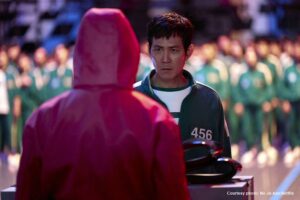
“Squid Game” season 2 introduces a whole new set of compelling characters. Will they make us forget fan favorites like North Korean defector Sae-byeok (Jung Ho-yeon) and Pakistani immigrant Ali (Anupam Tripathi)? No, but the star power of veteran K-drama stars, including Park Sung-hoon (“The Glory”), Park Hee-soon (“Moving”) and Im Si-wan (“Misaeng: Incomplete Life”), is a nice concession to killing off nearly all of last season’s characters.

It was an excellent year for Korean dramas — and with Squid Game season 2 on the horizon, there’s more to come.
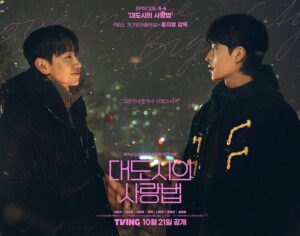
Based on Sang Young Park’s bestselling novel of the same name, the K-drama adaptation was overshadowed by the film version, which stars Kim Go-eun (Little Women) and Steve Sanghyun Noh (Pachinko). But this series is so relevant as it matter-of-factly addresses homosexuality — a topic not often depicted in South Korean media in any meaningful way.

Adding a twist to the contract marriage trope, “The Trunk” tackles the plot device from a film noir perspective.
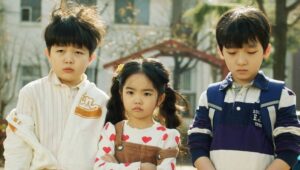
If there’s one thing this K-drama gets across, it’s that keeping secrets from children about their own history is never the way to go.

“Love Next Door” is written as a love story between two childhood neighbors. And it is. But it’s also about loving yourself enough to follow your convictions, despite objections from those you love.

Starring Shin Min-a and Kim Young-dae, “No Gain No Love” falls into the contract marriage trope. But, oh, it offers so much more.

“Officer Black Belt” is an action-packed thriller starring Kim Woo-bin. Is it predictable? Yes? But is it a fun watch? Absolutely!

The Nth Room targeted Korean women in a lower socio-economic class who needed money. They also set their marks on underage girls, who were too young to handle what they had been tricked into. These crimes are continuing, but now with with teenage boys at the helm.
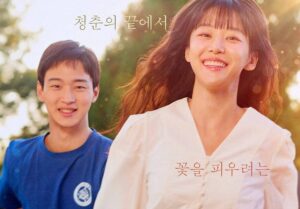
A mystery thriller as much as it is a wrestling saga, Like Flowers in Sand is set in a small town where everyone is obsessed with ssireum, traditional Korean wrestling.

Time travel adds a relatively unique element that differentiates K-drama storylines from other shows, but there is also a very visceral component. K-drama story arcs excel at telling tales of love and revenge. And what better way is there to get these points across than depicting how love and revenge transcend all boundaries, including time?
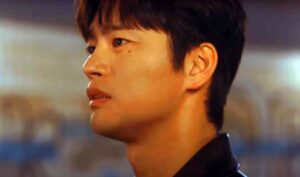
It is easier for a cisgender man than a gay man to survive in a cutthroat society where the latter is unwelcome. This is true in just about any society, but especially so in South Korea where LGBTQ rights are still sorely lacking.

Like “Under the Queen’s Umbrella,” “Lovely Runner” uses the 우산 to represent how our protagonists fight to protect themselves from countless obstacles — including a messy serial killer subplot that I found redundant and not particularly compelling.